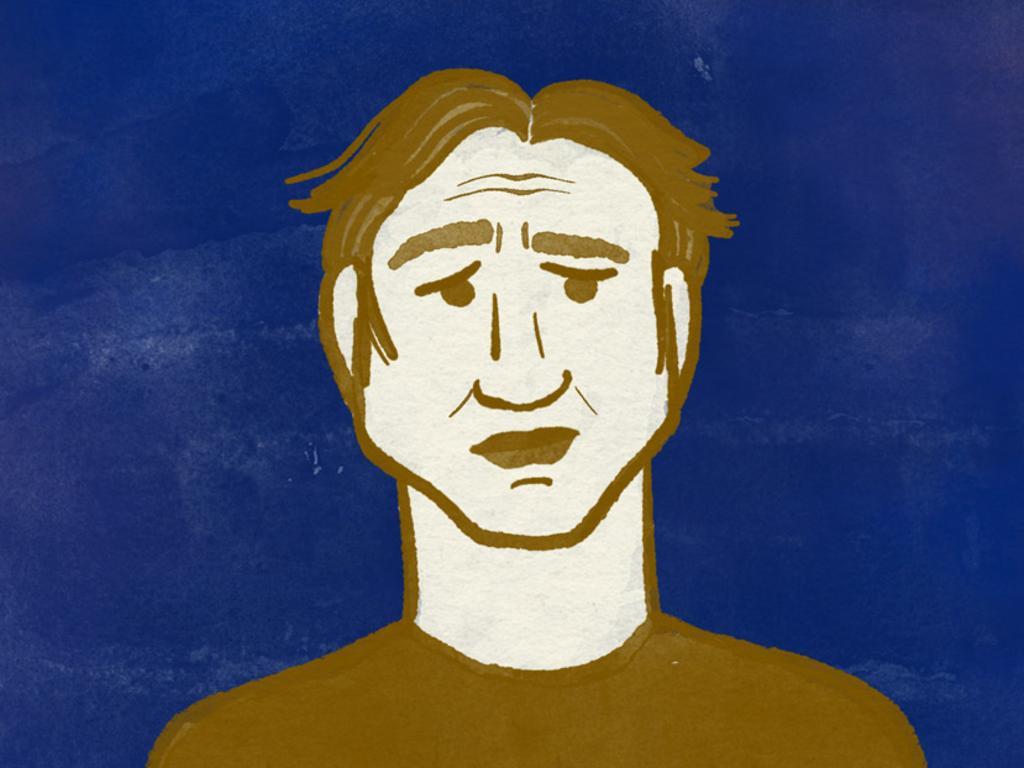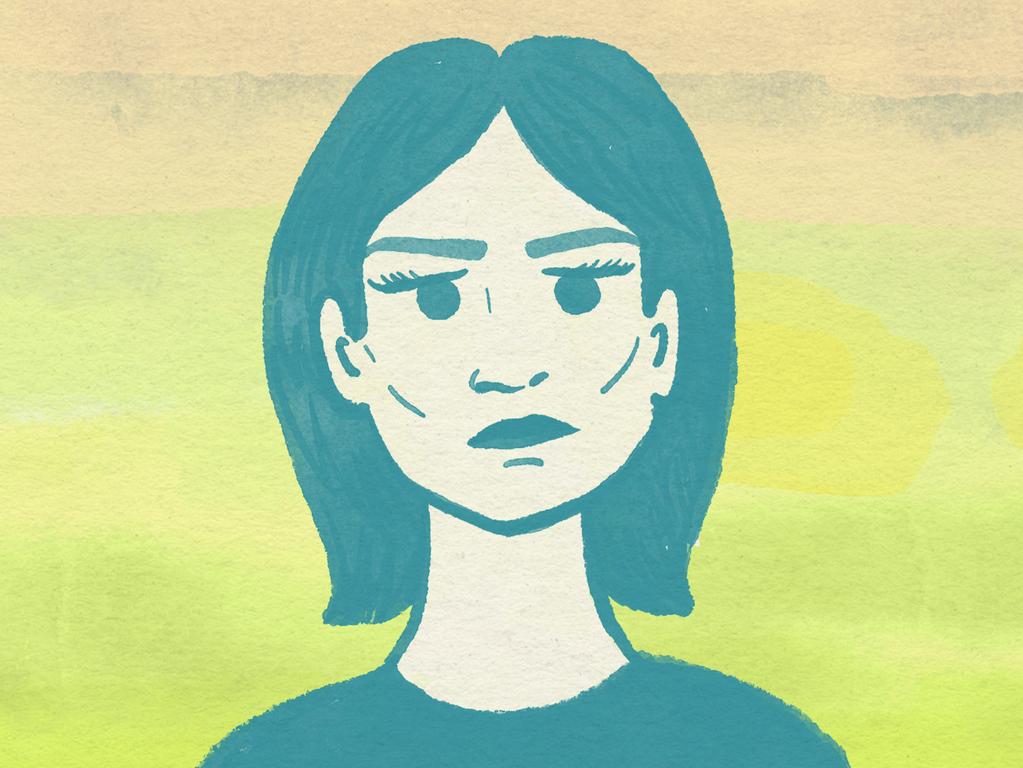Shadow of Doubt podcast: ‘Repressed memories’ twist: did parents get a fair trial?
Richard Guilliatt, one of Australia’s foremost investigative journalists, explores a confounding case in The Australian’s award-winning podcast investigation.
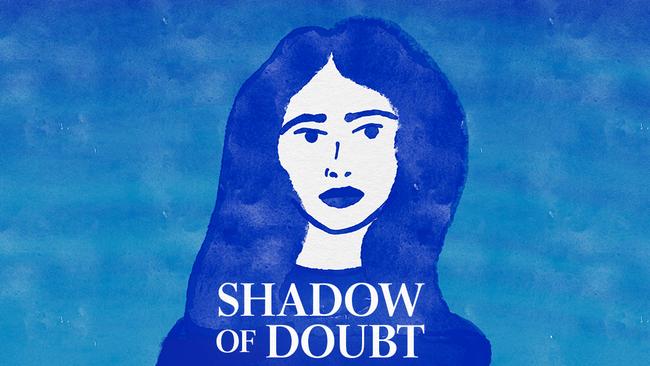
* Shadow of Doubt won the New York Radio Awards festival's best serialised podcast award on April 15. Listen in full to The Australian's award-winning audio investigation and read all our reporting on this case here.
A married couple jailed in one of Australia’s most shocking child abuse cases are seeking a review of their convictions, backed by medical experts who believe the case was based on the ‘repressed memories’ of their daughter.
A podcast investigation by The Australian has uncovered significant evidence that was never presented at the couple’s trial, which ended in a record jail sentence of 48 years for the accused father.
Their daughter has remained steadfast in her allegation that her father – aided by her mother – perpetrated grotesque sexual torture over 13 years.
The parents are both in prison and have spoken at length to The Australian, denying their guilt and saying they believe that therapists influenced their daughter to experience traumatic false memories of abuse which left her suicidal.
The Shadow Of Doubt podcast, launched this week, reveals:
• The couple’s daughter told counsellors about sexual abuse by multiple men, including a known offender who lived in the family home when she was a child.
• A senior psychiatrist from the hospital where the young woman was forcibly detained describes her treatment there as “an abomination” and says her memories of torture and extreme violence could be distorted or false.
• A medical expert who examined the couple’s daughter for the police, Dr Maria Nittis, disputes the prosecution’s case that the examination revealed grossly abnormal sexual injuries
An expert psychiatrist whose report raised serious concerns about the case, Dr John Roberts, says it is “inexplicable” that he was never called to testify.
• The magistrate who presided over the father’s committal hearing, and refused him bail, became a personal friend of the daughter and permitted her to stay in his house.
The Australian has also confirmed that the police officer who investigated the daughter’s initial allegations, and who had known her since she was a teenager, became her de facto partner after the parents were convicted.
The Australian has chosen not to reveal many details about the case in order to avoid identifying the young woman at the centre of it. She has not responded to requests for comment.
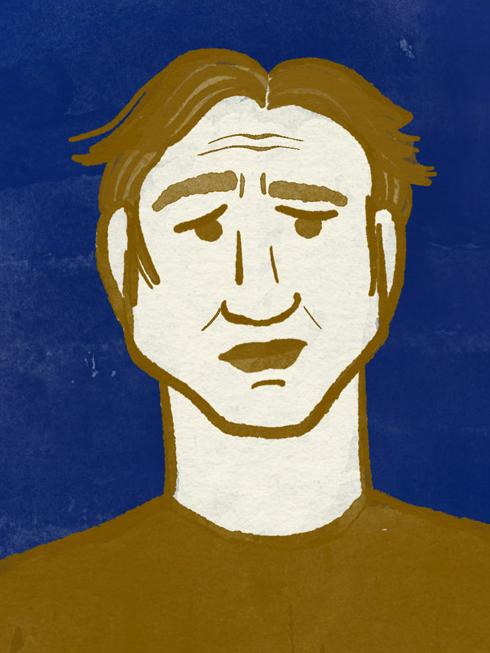

The case against the parents created international headlines when they were convicted in the NSW District Court of 86 counts of abuse and assault extending over 13 years. Their daughter told the court her father first raped her when she was five, assaulted her daily throughout her childhood, tortured her repeatedly with tools and imprisoned her in a box and a garden shed. She accused her mother of encouraging and participating in the abuse.
During the investigation police learned that in the 1980s the father had been accused of grooming and molesting female students when he was a high school teacher. He was never charged at the time and that evidence was not put to the jury in his trial.
The presiding judge described the father as a depraved sadist and acknowledged he could die in jail because of his 48-year sentence. His wife is serving a 16-year sentence and is not due for parole until 2027.
Speaking from prison, the couple say none of the crimes alleged by their daughter ever happened, and they remain extremely concerned about her welfare. They say they were shocked when their Legal Aid lawyers failed to call crucial witnesses at their trial, including Dr Roberts and Dr Nittis.
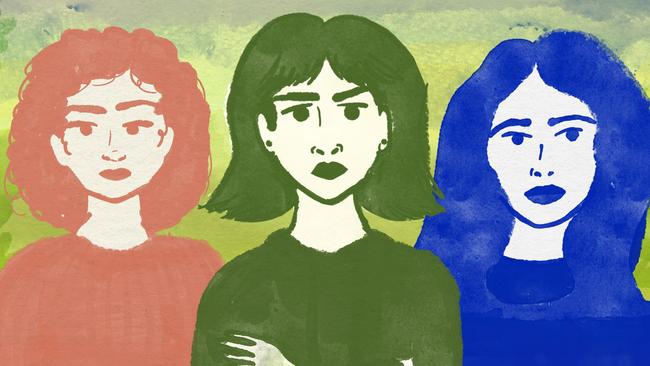
“None of that happened,” the father says of his daughter’s allegations. “ … The shed, the dragging through the house by the hair and stuff like that, just never happened.”
His wife says the case is a “living hell” that has torn her family apart. Two of the couple’s children adamantly insist their parents are innocent, but a fourth sibling – another sister – testified in the trial that she had also been abused and assaulted by her parents.
Lawyers acting pro bono for the accused parents are preparing applications for a judicial review of the case, after the NSW Court of Criminal Appeal and the High Court both rejected the couple’s appeals on all grounds.
Greg Walsh, a Sydney solicitor who is representing the mother pro bono, says the couple’s trial lawyers made an error when they failed to challenge the psychiatric evidence in the case.
Mr Walsh says the evidence clearly shows that the daughter experienced repressed memories of abuse and was suffering a mental illness known as Dissociative Identity Disorder which has been linked to distorted memories. He says it is “inexplicable” that defence counsel did not alert the jury to the potential unreliability of such memories.
“There were two experts who could have given evidence – powerful evidence – in the case, which could have explained to a very significant degree that this witness was unreliable,” he says.
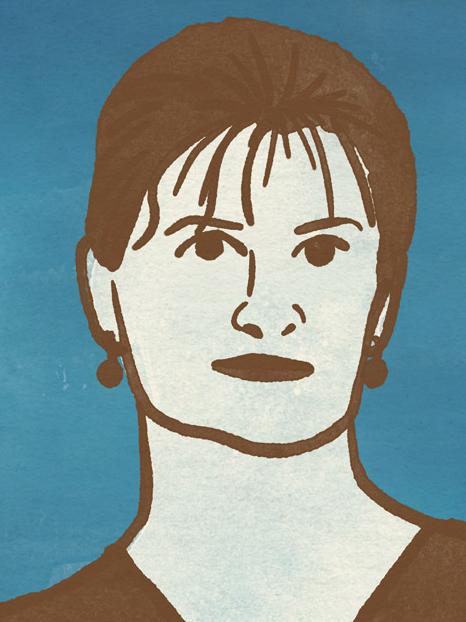
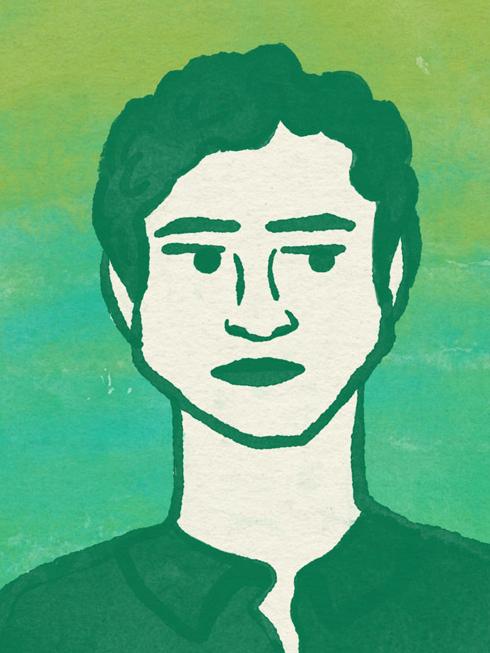
Andrew Bale, a Brisbane solicitor who is representing the father pro bono, says he also cannot understand why that evidence was not challenged.
Mr Bale represented the accused father during pre-trial hearings in which he unsuccessfully applied for permission to question his client’s daughter. He expressed shock when told that the magistrate who refused that application later visited the young woman in hospital and allowed her to stay in his house overnight.
“I cannot imagine a scenario where that would be considered anything other than wildly inappropriate,” he said.
The magistrate confirmed to The Australian that he had allowed the young woman to stay in his house while he was absent one night. He refused to comment when asked whether he had mentored her in her tertiary studies, but said his personal interactions with her occurred after his involvement in the case as a judicial officer ended.
Asked whether it was appropriate for a magistrate to adopt such a personal interest in a case before it had reached trial, he replied: “I will leave others to form judgment on that.”
The Australian approached the lawyers who represented the couple during their trial, but they declined to comment.
*The images used with this podcast investigation are for illustrative purposes only and bear no resemblance to the real people in this story, who cannot be identified for legal reasons.
–
Shadow of Doubt is available on The Australian’s app and shadowofdoubt.com.au
Subscribers hear episodes first and get access to all our bonus content including video, explainers and articles.




